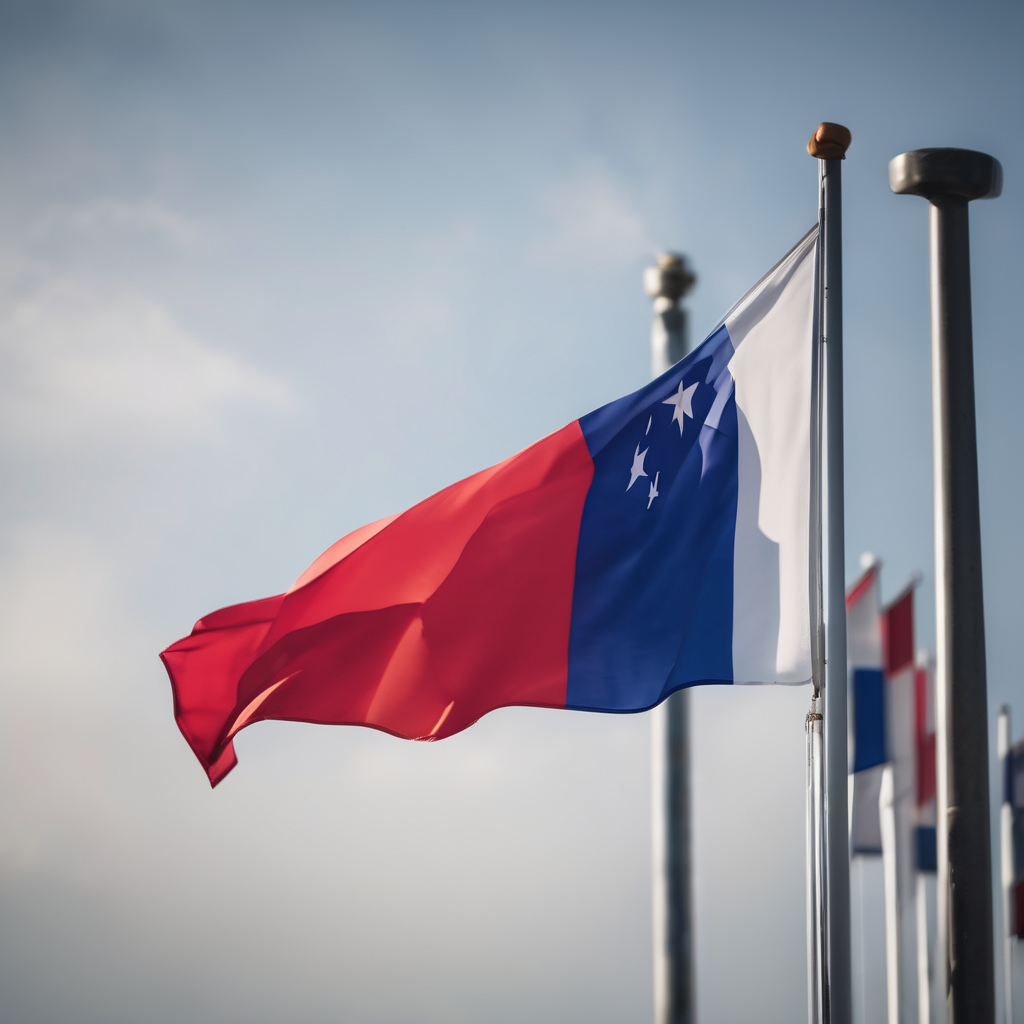Japanese Prime Minister Sanae Takaichi is currently navigating her first major diplomatic challenge after inciting anger from China with statements regarding Japan’s stance on Taiwan. This controversy comes less than a month into her tenure and poses significant implications for Japan’s economy and diplomatic relations with its largest trading partner.
Takaichi’s remarks, which suggest a readiness to link a potential crisis in the Taiwan Strait with Japan’s military involvement, have drawn fierce reactions from Beijing. China’s Foreign Ministry has publicly demanded that she retract her comments, emphasizing the need for Japan to cease actions deemed provocative. The spokeswoman, Mao Ning, reiterated demands for Japan to “stop crossing the line” and honor its commitments to China.
Experts suggest that Takaichi’s strong nationalist stance may not back down under pressure. Former diplomat Kunihiko Miyake noted that her approval ratings have surged past 80%, indicating that any concession to Beijing could provoke a backlash within Japan. Conversely, Rui Aoyama, a professor at Waseda University in Tokyo, indicated that while Takaichi’s comments may have been strategically misguided, history suggests that Japan and China could eventually reach a resolution after a period of diplomatic tension.
China’s economic leverage over Japan, particularly through its supply of rare earth minerals critical to Japan’s automotive industry, poses a significant challenge. Analysts fear that Beijing may resort to economic sanctions, which would likely exacerbate the current standoff. In the backdrop of heightened rhetoric, the Chinese government has advised its citizens to reconsider travel to Japan due to safety concerns, although no significant cancellations have been reported thus far.
While Japan’s economy has historically shown resilience during previous disputes with China, analysts warn that continuous tension could hinder growth. Japan’s automobile industry, which has lessened its dependence on the Chinese market over the past decade, now faces increased risks as China’s role in supplying essential materials grows. However, some economists are optimistic that the situation won’t escalate to the level of past tensions, particularly as China is also dealing with significant domestic issues like economic slowdown.
Overall, Takaichi’s approach may be reshaping Japan’s security landscape, prompting discussions around military readiness and national defense. As this diplomatic challenge unfolds, all eyes will be on whether Takaichi can navigate the complexities of international relations while maintaining her domestic support and economic growth agenda.
